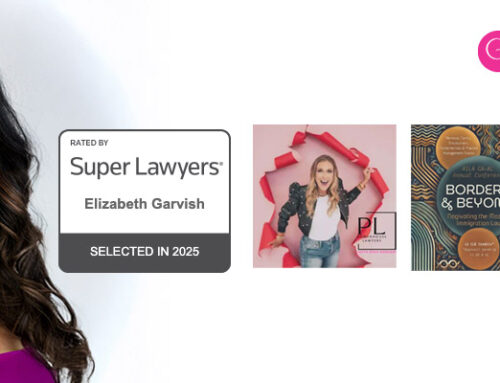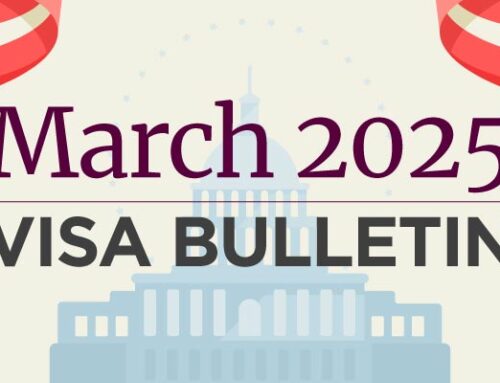Ten things that you need to know before you file a labor certification application with the DOL.
The labor certification process is generally the first step in the employment-based immigration process.
The U.S. Department of Labor’s Employment and Training Administration (ETA) administers the Permanent Labor Certification Program, commonly known as PERM. Its primary objective is to evaluate whether hiring a non-U.S. citizen would negatively impact the chances of equally qualified U.S. workers securing similar job opportunities. In this assessment, the ETA considers factors such as the potential adverse effects on the working conditions and wages of U.S. workers in the same industry.
Employers seeking to hire non-U.S. citizens are required to obtain a PERM certification before they can submit a petition to the U.S. Citizenship and Immigration Services (USCIS) for an employment-based visa, like the EB-2 visa category. Once the employer has successfully obtained the certification, they can proceed to file USCIS Form I-140, officially known as the “Immigrant Petition for Alien Workers.”
- Processing times are off the charts. As of October 2023, current processing times for the DOL issuing prevailing wage determinations are six plus months, and processing of the labor certification applications is 11 months or more. Be ready to settle in for a long ride.
- An audit is not as bad as you might think. Audits can happen for cause or randomly. Sometimes, you know you will receive one based on the filing, and sometimes, you might be selected at random. Good attorneys are prepared for audits before they are issued, and that is a good thing because you generally only have 30 days to respond. Make sure to discuss the possibility of an audit with your attorney in advance.
- The Federal Prevailing wage issued as your prevailing wage determination may be lower than the minimum wage in various states and counties. It is important to ensure the wage offered meets all wage requirements.
- Employers must be able to demonstrate the “ability to pay” the wage offered for the position. This starts from the date of the filing of the ETA-9089 form with DOL. It is good practice to review financials in advance. The DOL generally does not adjudicate this issue, and this determination is up to the USCIS. However, there have been audits requesting ability to pay documentation. Employers must either have assets or income greater than or equal to the proffered wage or be paying that to the beneficiary.
- Family relationships of all kinds between employer and beneficiary must be disclosed on the ETA-9089 form. DOL indicates that a familial relationship includes “any relationship established by blood, marriage or adoption, even if distant.” It continues by including “cousins of all degrees, aunts, uncles, grandparents and grandchildren” and even “relationships established through marriage, such as in-laws and stepfamilies” in the definition. Be ready for an audit if this is the case.
- Employers must ensure that the recruitment reflects the actual minimum requirements for the job. Requirements must be clear and quantifiable. Vague experience requirements could be the reason for a denial from DOL.
- Experience gained at the sponsoring employer may be used in certain scenarios to meet the minimum requirements of the job offered. Generally, the beneficiary may not use the experience gained at the sponsoring employer to meet the minimum requirements unless the experience was gained in an occupation with job duties that are more than 50% different from what the job offered.
- Make sure that the ETA-9089 reflects that the beneficiary meets all special requirements. There may not be a specific field for this information on the form, but make 100% sure that the DOL knows the beneficiary meets all requirements, such as professional licensure, hospital privileges, board certifications, etc.
- Double-check the onsite posting for all the correct information. The DOL quietly changed a key address required on the posting with a single Federal Register notice in 2021. Always check with the current DOL requirements.
- Employers must engage in good-faith recruitment. This includes considering all applicants in a timely manner and not allowing the beneficiary to be involved in any way with the recruitment process.
The DOL regulations creating the PERM labor certification process were final in March 2005. The world has changed significantly since then, but this system is what many beneficiaries must get through to successfully get their green cards. Current labor shortages have caused significant processing time delays, and that, coupled with the retrogression of visa numbers, has made the green card process stretch into years for many. The good news is that green cards via PERM are still possible and highly probable, with an experienced immigration attorney leading the way.








